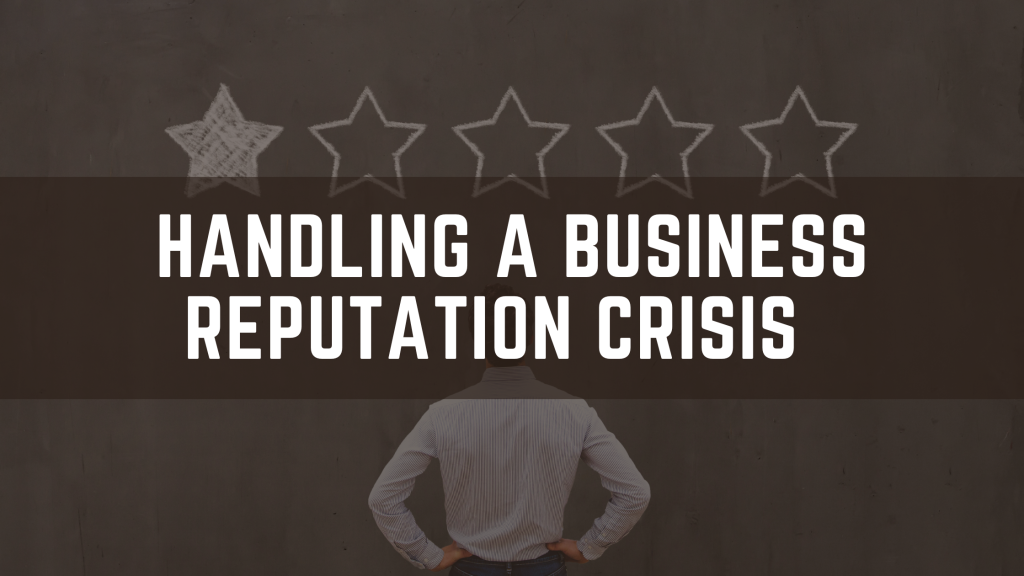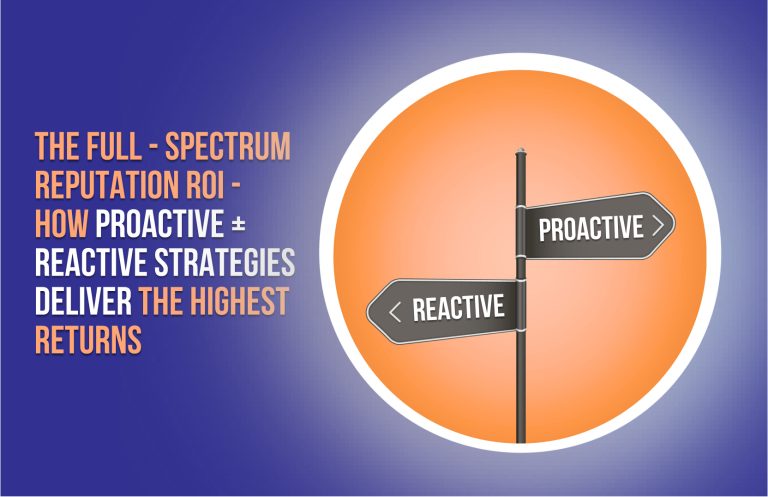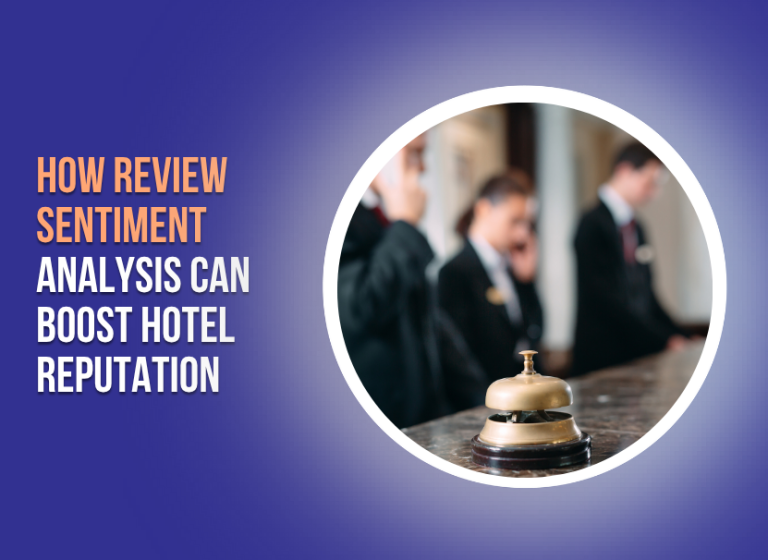First off, let me just say that business reputation crisis can pop up out of nowhere in today’s digital world and cause devastating damage to a company name or image along with the trust they’ve built over years. For a business, how it copes with such crises can define its future success and sustainability. This article takes you through the fundamentals of managing a business reputation crisis with an example, which assumes control that Luxury Stay Hotels chain had its consumer data breached.
What is a Business Reputation Crisis?
A business reputation crisis occurs when negative information about a company becomes public, leading to a significant impact on the company’s public perception. This can arise from various situations, including ethical breaches, customer service failures, product recalls, or scandals involving key executives. The rapid spread of negative information, particularly through social media, can amplify the crisis, making it crucial for businesses to respond quickly and effectively.
Immediate Response
When a crisis hits, the immediate response is crucial. The first step is to acknowledge the issue promptly and publicly. This involves issuing a statement that expresses concern and apologizes for the incident. For instance, in the case of Luxury Stay Hotels, a prompt acknowledgment might look like this:
“We deeply regret to inform our valued customers that Luxury Stay Hotels has experienced a data breach that compromised guest information. We are taking immediate steps to address this situation.”
Acknowledging the issue shows that the company is taking the matter seriously and is committed to addressing it. Next, it is vital to gather all relevant facts quickly. In our example, this involves conducting an internal investigation to understand the scope and impact of the breach. Working with cybersecurity experts can help determine how the breach occurred, and which data was affected.
Simultaneously, a crisis management team should be assembled to coordinate the response. This team might include representatives from IT, PR, legal, and customer service departments. According to Business News Daily, having a response team ready to act and maintaining clear and honest communication is essential for effective crisis management
Communication Strategy
Effective communication, both internally and externally, is a cornerstone of managing a reputation crisis. Internally, it is crucial to inform employees about the situation and their specific roles in the response. This ensures that all staff are aligned and can provide consistent information to customers and the media. Transparency within the company helps maintain trust and ensures everyone is on the same page.
For Luxury Stay Hotels, a comprehensive communication strategy might include regular updates provided to customers and the public through multiple channels. An example statement could be:
“We are actively working to resolve the issue and have taken steps to enhance our security measures. Updates will be provided regularly on our website and via our social media channels.”
Action and Resolution
Taking corrective action quickly to resolve the issue and prevent future occurrences is essential. For Luxury Stay Hotels, this might involve implementing enhanced cybersecurity measures such as upgrading firewalls, implementing stronger encryption, and conducting thorough security audits.
Providing excellent customer support during this time can help address concerns and rebuild trust with affected customers. For example, Luxury Stay Hotels could offer free credit monitoring services to those impacted by the breach:
“Luxury Stay Hotels is offering complimentary credit monitoring services to affected guests. Please visit our website for more details.”
Legal considerations must also be taken into account to ensure compliance with relevant laws and regulations. According to Entrepreneur.com, your business compliance management plans should allow you to easily audit your activities and messages to ensure compliance, and easily identify possible issues before the regulatory agencies do. It’s also your responsibility to develop a plan for addressing [potential] violations and remediating the problem. In the event that your company is tagged for an investigation, having these policies and procedures in place can go a long way toward limiting your liability and potential losses.
Evaluation and Learning
Once the immediate crisis is resolved, it is important to review the events and the response to identify strengths and areas for improvement. This post-crisis analysis helps in updating the crisis management plan to better prepare for future incidents. Additionally, engaging in positive PR activities can help rebuild the brand’s image, showing a commitment to corporate social responsibility and community support. Regularly reporting on progress and improvements can help regain trust.
For example, after resolving the data breach, Luxury Stay Hotels might focus on rebuilding its reputation through community involvement and positive PR activities. The Reputation Lab recommends shifting the focus to positive news and continuous improvement to restore and enhance the company’s reputation.
Case Study: Facebook’s Handling of the Cambridge Analytica Scandal
To illustrate these principles, let’s look at how Facebook handled its data breach crisis involving Cambridge Analytica. In 2018, it was revealed that Cambridge Analytica had harvested the personal data of millions of Facebook users without their consent, significantly damaging Facebook’s reputation.
Immediate Response:
- Acknowledgement and Apology: Mark Zuckerberg publicly acknowledged the issue and apologized for the breach of trust. He admitted that Facebook had a responsibility to protect user data and failed to do so in this instance.
- Public Statements: Zuckerberg and other Facebook executives provided detailed public statements and gave multiple interviews explaining what happened, the impact of the data breach, and the steps the company was taking to address the issue.
Corrective Actions:
- Data Protection Measures: Facebook updated its data privacy policies and implemented more stringent measures to protect user data. This included restricting third-party app access to user data and conducting thorough audits of apps that had access to large amounts of information.
- User Notifications: Facebook notified affected users whose data had been improperly accessed by Cambridge Analytica, providing them with more control over their privacy settings.
- Internal Reforms: The company reviewed and reformed its data handling practices. It introduced new tools to make it easier for users to control their privacy settings and see which apps had access to their data.
Monitor Feedback to Manage Business Reputation Crisis:
- Independent Audits: Facebook agreed to allow independent audits and investigations into its data protection practices to ensure compliance with new regulations and to restore trust among users and regulators.
- Enhanced Transparency: The platform introduced measures to increase transparency in political advertising, requiring advertisers to verify their identity and location, and labeling political ads with information about who paid for them.
Long-term Strategy:
- Regulatory Engagement: Facebook cooperated with regulatory authorities, including the U.S. Federal Trade Commission (FTC), and paid a record $5 billion fine to settle allegations related to privacy violations.
- Ongoing Communication: The company maintained regular communication with its user base, regulators, and the public about the steps it was taking to improve data security and privacy. This included updates on the progress of their initiatives and any new measures being implemented.
- Commitment to Change: Facebook committed to making privacy a core component of its business strategy, integrating privacy protections into the design of its products and services from the outset.
Through these actions, Facebook aimed to address the immediate fallout from the Cambridge Analytica scandal, implement systemic changes to prevent future incidents, and rebuild trust with its users and stakeholders.
Conclusion
Handling a business reputation crisis involves a proactive, transparent, and coordinated approach. By acknowledging the issue, communicating effectively, taking corrective actions, and learning from the experience, businesses can mitigate the impact of such crises and rebuild their reputation. Regularly updating and practicing crisis management strategies will ensure that companies are well-prepared to handle any future challenges. For businesses like Luxury Stay Hotels, a comprehensive and well-executed crisis management plan can make all the difference in navigating through a reputation crisis and emerging stronger.
By following the steps outlined above, businesses can effectively manage reputation crises, ensuring they not only survive but thrive in the aftermath. For more insights on maintaining your online reputation, visit The Reputation Lab.
At The Reputation Lab, we specialize in helping businesses protect and enhance their digital reputation through their online reviews and social content. Our team of experts offers tailored solutions to manage your guest and customer reviews and elevate your performance. Learn more about how investing in digital reputation management can safeguard your brand by reading our comprehensive guide “How Hotels Can Make the Right Investments in Digital Reputation Management”.




